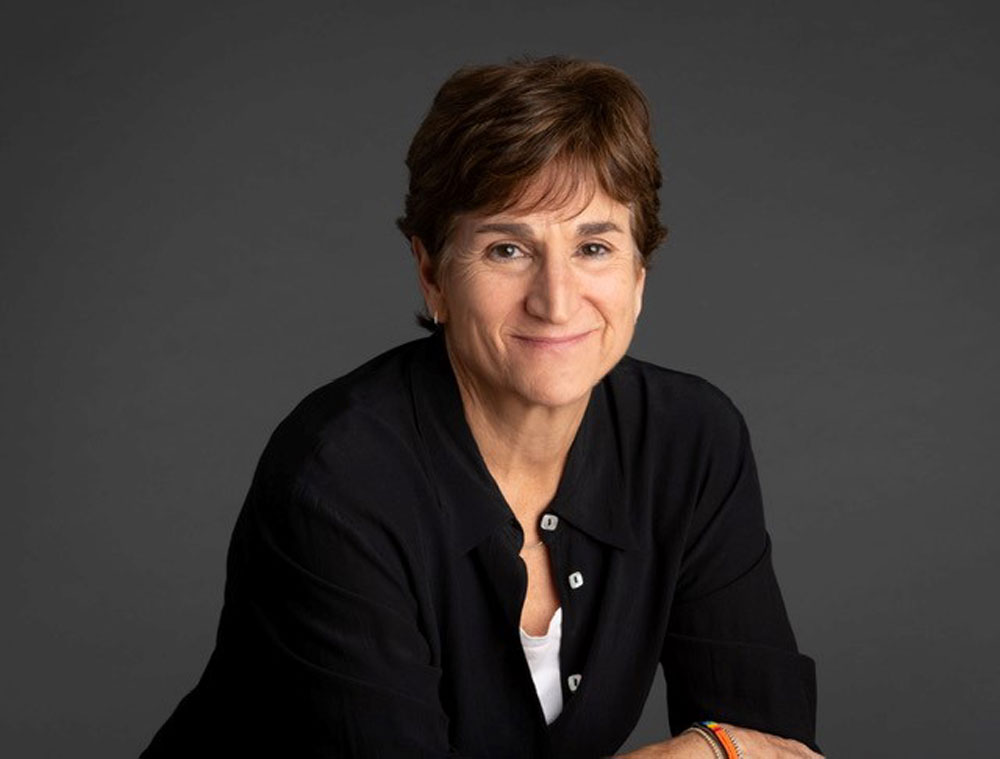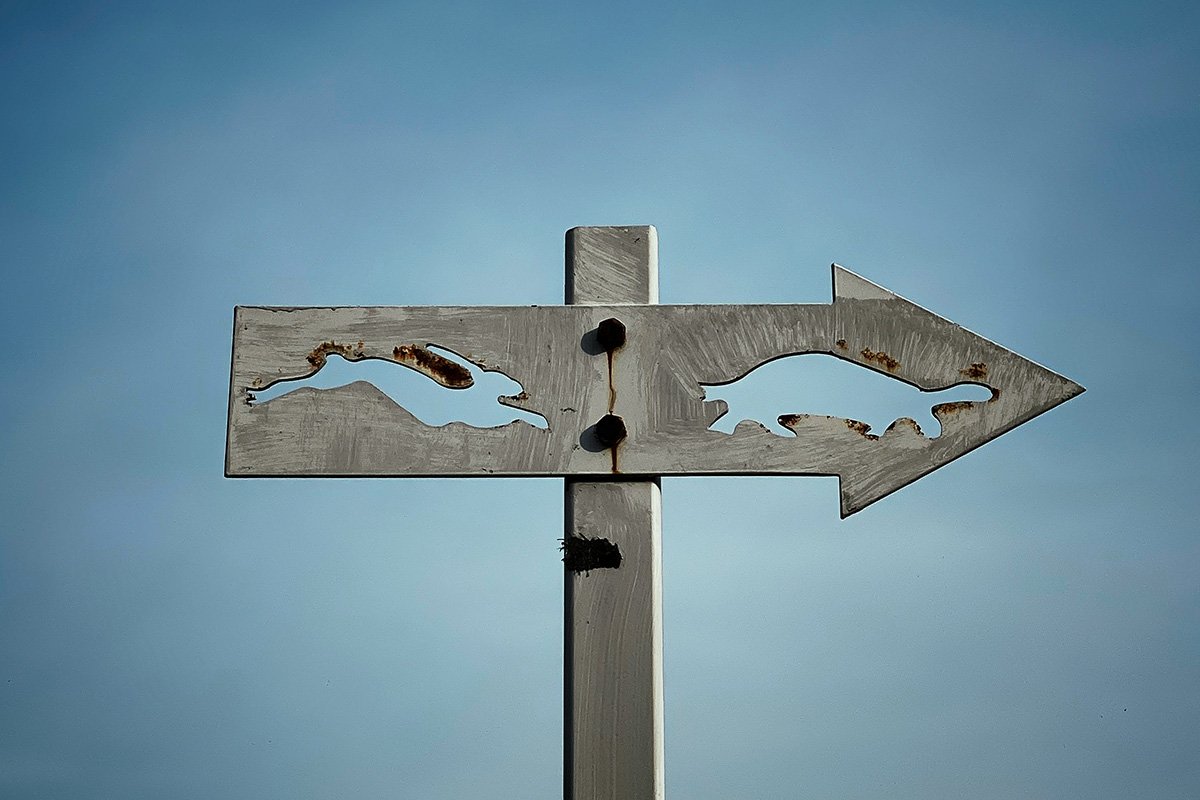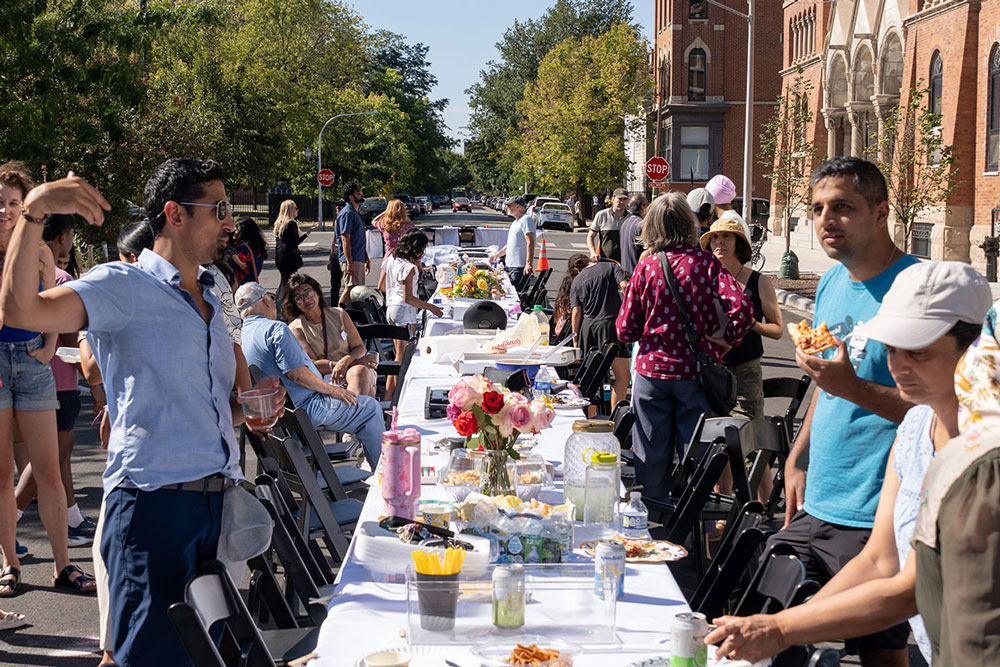
As a seasoned indigent criminal defense lawyer, Abbe Smith proudly calls her work The Guilty Project.
“I do it both to poke fun at the nomenclature of ‘innocence projects,’” she says, “and to make a deeper point about the work of criminal defense.”
Even so, Smith admires the work of the Innocence Project, which was founded by defense lawyers Barry Scheck and Peter Neufeld in 1992, and which we profiled in our last Tiny Spark podcast. But she points out that innocence attorneys only take on a case if they have sufficient evidence to prove their client’s innocence. Smith, on the other hand, defends all kinds of people.
“I regard it as a privilege to represent poor people accused of crime, innocent and not so innocent,” she says. “Everybody wants to free innocent people.”
Sign up for our free newsletters
Subscribe to NPQ's newsletters to have our top stories delivered directly to your inbox.
By signing up, you agree to our privacy policy and terms of use, and to receive messages from NPQ and our partners.
During the course of a career spanning more than 30 years, the Georgetown Law professor has defended innocent people, but she is especially drawn to working with the guilty.
“I think there’s nothing more meaningful, satisfying, challenging, moving, than representing a person who did something really bad, and everybody’s against them,” Smith tells us. “I can think of very few clients I actively didn’t like or was frightened of. Mostly, I come to like all my clients. I certainly respect them.”
In our latest podcast, Smith explains the reasons why she is wary of innocence projects. “The system is deeply flawed in ways that innocence doesn’t get at sufficiently,” she says. For this reason, Smith wants to complicate our understanding of what “wrongful conviction” means.
“A conviction is wrongful when it was the result of prosecutorial misconduct, defense lawyer incompetence, overzealous and coercive policing, use of junk science,” she explains. “It doesn’t matter in my mind whether the person is factually innocent or not. If those are the conditions that give rise to the conviction, it’s wrong. And we ought to care about that.”
Smith also shares the conundrum she faces as a lifelong feminist defending men accused of sexual violence, and she rails against the harsh sentencing so many of her clients receive. “I think it’s the waste of a life. The number of black and brown men who are incarcerated serving years and years and years, and growing old in prison, is a travesty,” she says.
Additional Resources:
- Tiny Spark Podcast: “How One Nonprofit Helped Change a Nation’s Thinking about Criminal Justice”
- In Praise Of The Guilty Project: “A Criminal Defense Lawyer’s Growing Anxiety about Innocence Projects”
- Smith’s book: Case of a Lifetime: A Criminal Defense Lawyer’s Story
- Washington Post Op-Ed: “What motivates a lawyer to defend a Tsarnaev, a Castro or a Zimmerman?”
- Washington Post Op-Ed: “How can anyone defend Harvey Weinstein? Duty.”











